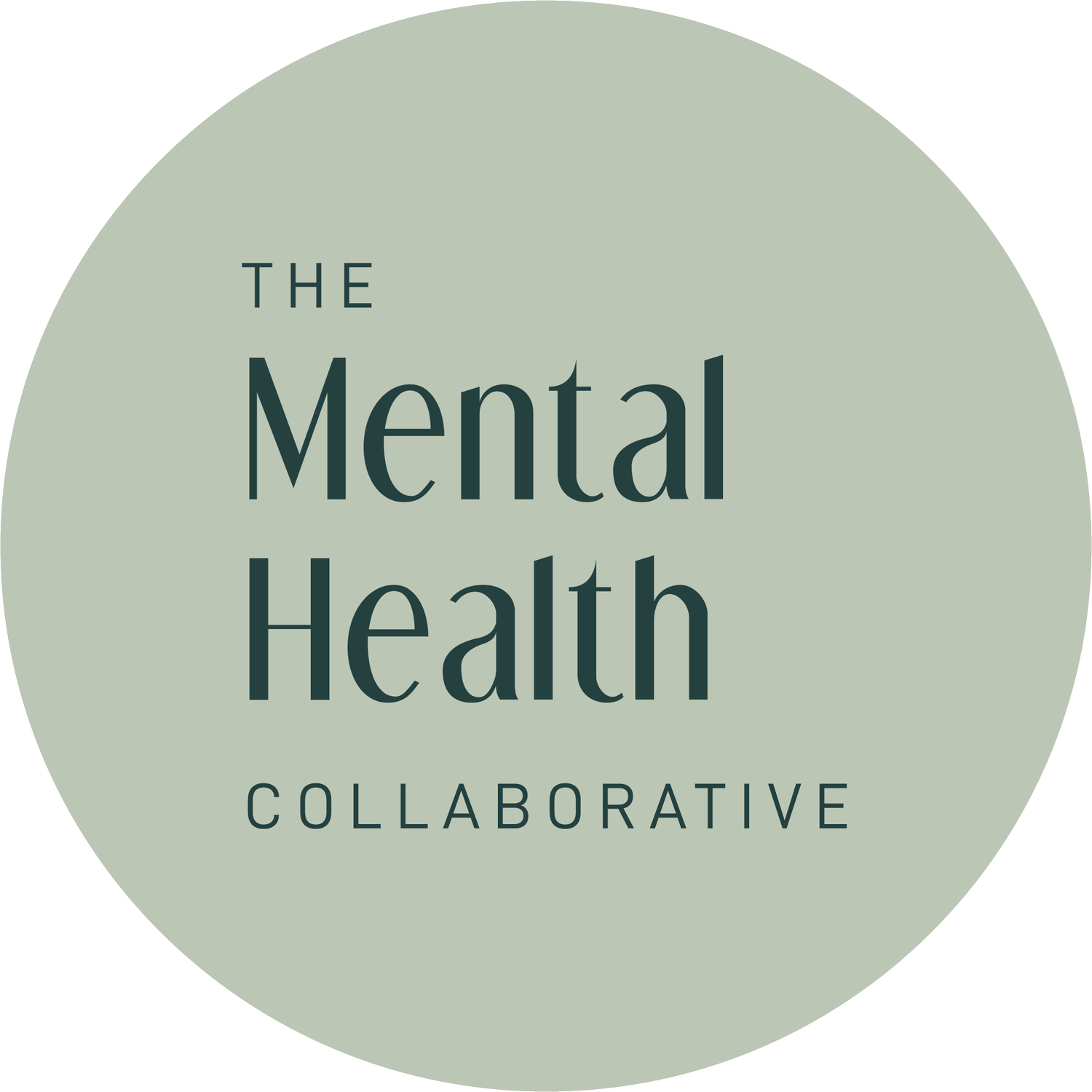How Medication Management Can Help Ease Anxiety
Chelsea Alberding, MD. Co-founder of The Mental Health Collaborative
Hey there! 🌟
Anxiety can feel like an unwelcome guest that shows up at the worst possible times. Whether it’s that racing heart before a big presentation, the endless “what-if” thoughts that keep you awake at night, or the constant sense of worry that seems to never leave, anxiety can be exhausting. And sometimes, no matter how many deep breaths you take or how many calming apps you try, the anxiety just doesn’t seem to let up.
That’s where medication management comes in! If you’ve been wondering whether medication might be right for you, we’re here to break it down in a way that’s easy to understand and super approachable. After all, the goal is to help you feel better, and there’s no one-size-fits-all solution when it comes to mental health. But for some people, medication can make a big difference.
So, let’s dive into what medication management for anxiety looks like, how it can help, and why it could be a valuable tool on your mental health journey.
What Is Medication Management for Anxiety?
Before we get into the how and why, let’s first clarify what we mean by "medication management." In a nutshell, it’s about finding the right medication (or combination of medications) to help manage symptoms of anxiety in a way that works for you. And, of course, working with a healthcare provider who can monitor your progress, tweak dosages, and adjust treatments as needed.
For some people, anxiety isn’t something that can be managed with lifestyle changes or therapy alone. While those strategies are incredibly important and effective, medication can sometimes offer the extra support needed to get things under control.
How Medication Helps with Anxiety
Anxiety affects the brain and body in complex ways. When we feel anxious, our brain releases chemicals like cortisol (the “stress hormone”) that can make us feel jittery, on edge, or overwhelmed. Some medications used for anxiety work by adjusting these chemicals, helping to restore balance and ease those feelings of tension.
There are a few common types of medications that can be used in medication management for anxiety:
Antidepressants (SSRIs and SNRIs): These medications are commonly used to treat anxiety because they help balance the levels of certain brain chemicals like serotonin and norepinephrine, which are involved in mood regulation. They don’t just help with depression; they can also reduce anxiety symptoms and improve overall emotional well-being.
Beta-Blockers: These are typically used to manage the physical symptoms of anxiety, like a racing heart or shaky hands. If you get nervous before public speaking or presentations, for example, beta-blockers can help reduce the physical side of anxiety, making it easier to focus.
Buspirone: This medication is another option for treating anxiety. It works differently than other medications by targeting serotonin receptors in the brain, and it’s often used for generalized anxiety disorder (GAD).
The goal of medication management is to find the right medication (or combination of medications) that works best for you, so you can get back to living your life with less worry and more peace.
Why Medication Management Might Be a Good Option for Anxiety
You might be thinking, “Okay, I get that medication helps, but is it really necessary for me?” The truth is, everyone’s experience with anxiety is unique, and there’s no one-size-fits-all solution. But here are a few reasons why medication management could be an excellent option for some people:
Quick Relief for Intense Anxiety: When your anxiety feels overwhelming and is interfering with your daily life, medication can help you regain some balance. It can offer quick relief from the intense physical and emotional symptoms of anxiety, making it easier to function day-to-day.
Better Focus on Other Treatments: If anxiety is dominating your life, it can be hard to focus on other helpful treatments like therapy or self-care. By managing the physical symptoms of anxiety, medication can free up mental space so that you can engage more fully in other aspects of your treatment, like Cognitive Behavioral Therapy (CBT) or mindfulness exercises.
Medication as Part of a Comprehensive Plan: Medication is often most effective when combined with other forms of therapy or lifestyle changes. Medication management doesn’t replace the need for therapy, but it can work in tandem with it to help you feel more balanced and capable of making lasting change.
Chronic Anxiety Needs Ongoing Support: For those with chronic or long-term anxiety, medication can provide consistent, ongoing support. When therapy and lifestyle changes are not enough on their own, medication can help maintain stability and prevent the anxiety from taking over.
Improved Quality of Life: The ultimate goal of medication for anxiety is to improve your overall quality of life. When you’re no longer caught in a constant cycle of worry and physical symptoms, you can experience more joy, focus, and peace of mind.
What Does Medication Management Look Like?
If you’re considering medication for anxiety, we have psychiatry providers at The Mental Health Collaborative that can help. Here’s what the process might look like:
Initial Evaluation: During your first meeting, your provider will likely ask about your symptoms, medical history, lifestyle, and any previous treatments you’ve tried. They’ll want to understand your unique experience with anxiety.
Prescription and Monitoring: If medication is recommended, your provider will prescribe the appropriate medication and guide you on dosage and timing. They’ll closely monitor your progress to see how you’re responding and whether adjustments are needed.
Ongoing Check-ins: Medication management is a collaborative process. Your provider will schedule regular check-ins to see how the medication is working, discuss any side effects, and adjust treatment if necessary. It’s a personalized, ongoing process to find what works best for you.
Combining with Therapy: Many people find that combining medication with therapy is the most effective approach (that’s why The Mental Health Collaborative has both medication management and counseling providers!). Therapy can help you address the root causes of your anxiety, while medication helps manage the symptoms, creating a holistic approach to mental wellness.
Is Medication Right for You?
The decision to explore medication management for anxiety is a personal one, and it’s important to have an open conversation with your healthcare provider about the pros and cons. Medication isn’t for everyone but it can be a powerful tool in managing anxiety, especially when combined with therapy and other coping strategies.
If you’re looking for psychiatric services in Toledo and considering whether medication might be helpful for your anxiety, we’re here to help guide you on your journey.
Take the First Step Today!
If anxiety has been holding you back, it’s time to start exploring your options. Whether it’s medication, therapy, or a combination of both, there’s support out there that can help you feel better. Reach out to us at The Mental Health Collaborative and let’s work together to create a plan that helps you manage your anxiety and live your best life.

